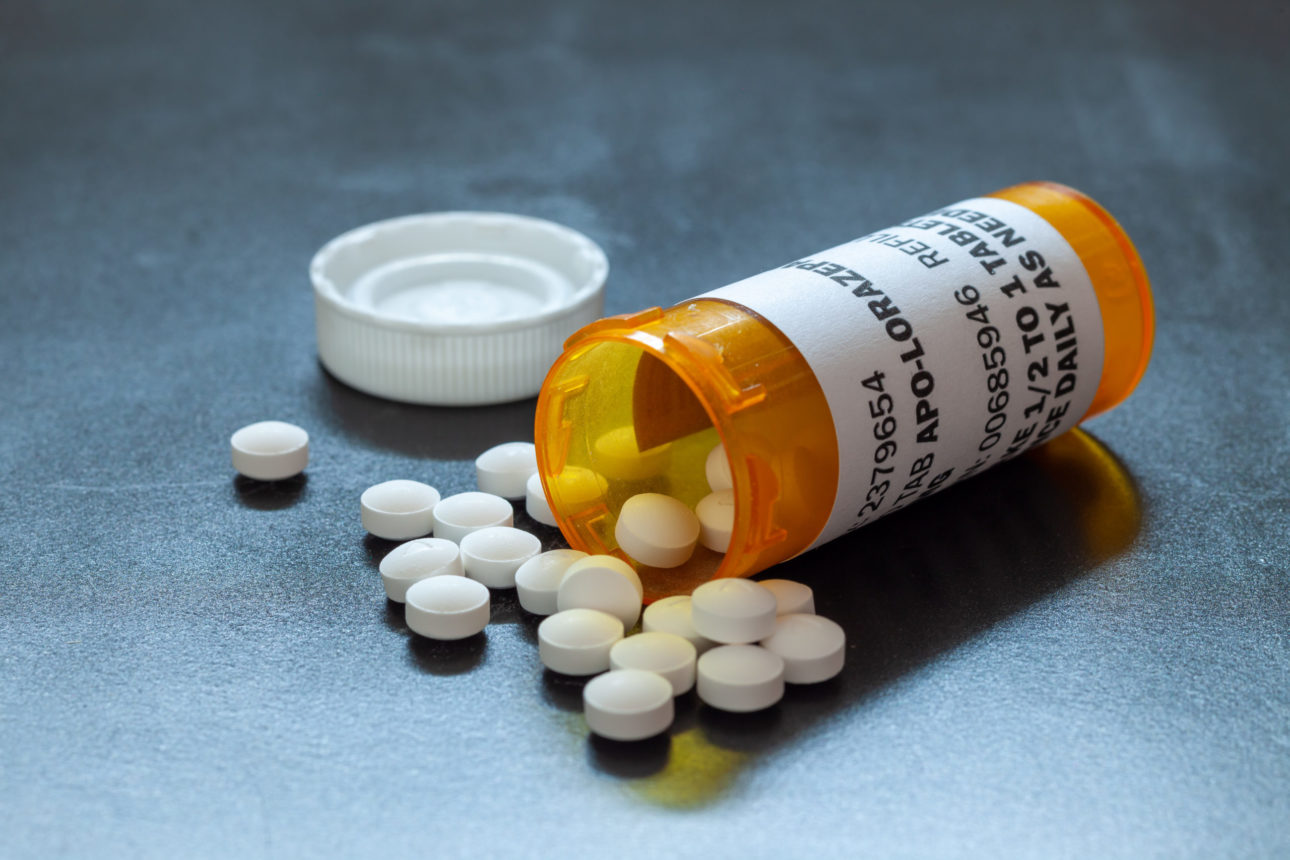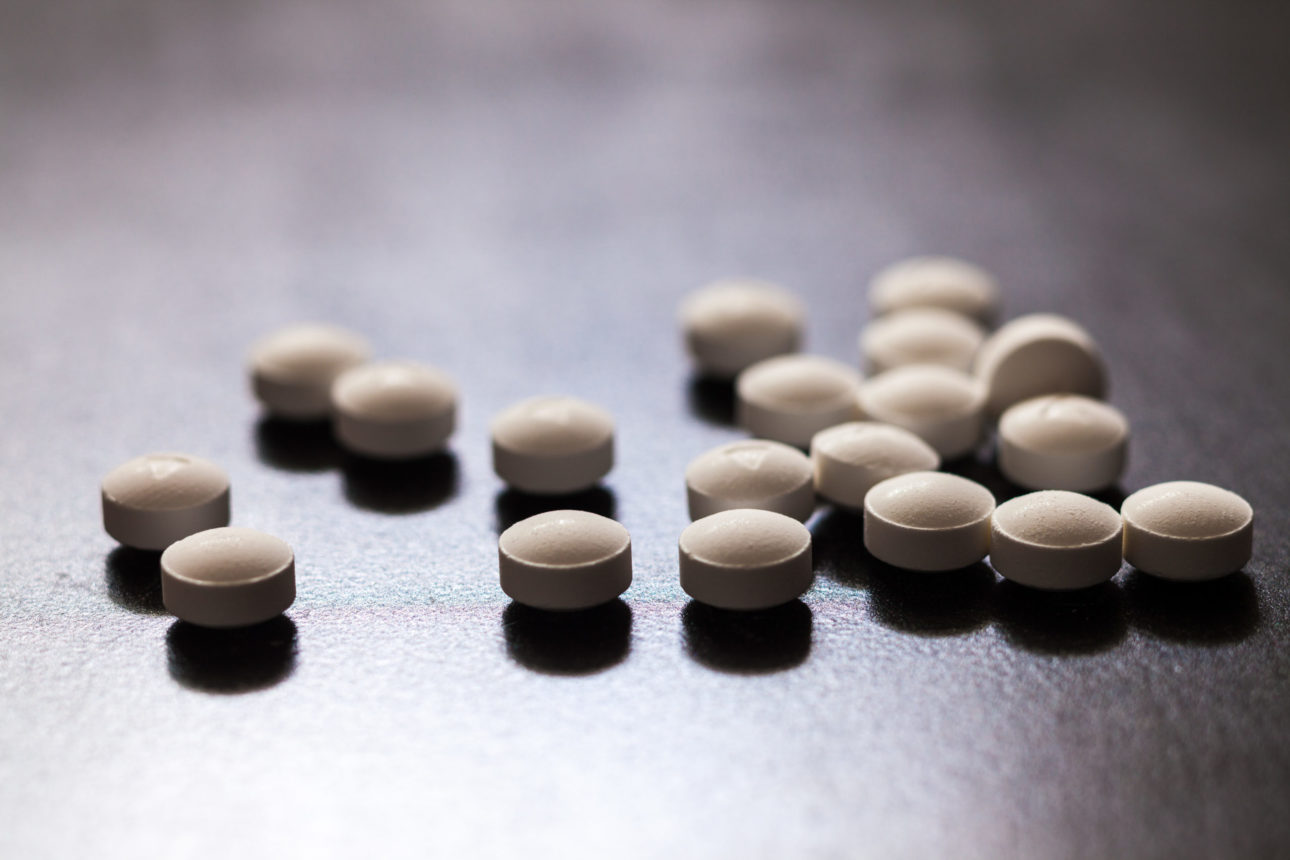Addiction is a serious disease that doesn’t differentiate based on race, gender, or background. It comes in many forms and can impact anyone at any time. There are a few drugs that are particularly addictive, such as benzodiazepines, which are also known as benzos. If you or someone you know is suffering from a benzo addiction, please seek professional help. Benzos can change one’s life drastically and are extremely addictive. Benzo abuse can also be detrimental to one’s health and is very dangerous
What are Benzodiazepines?
Benzodiazepines, also known as benzos, are a common class of prescription medication that is used to treat a variety of medical conditions. Some of the most common forms of benzos are diazepam, lorazepam, Klonopin, and Xanax. Benzos have two major medical applications. First, benzos are used to stop someone who is having seizures. A seizure takes place when the neurons in the brain start to fire out of control. There are different kinds of seizures such as tonic-clonic, grand mal, and absence seizure.
The other major application of benzos comes in the form of anxiety management. If someone is having a panic attack, benzos such as the commonly prescribed Xanax, stop the panic attack from continues. This medicine is short-acting and can stop a panic attack in its tracks; however, this medication is also incredibly addictive. Benzos are supposed to be prescribed as an emergency use only pill, but people prescribed can end up taking them every day. The longer someone abuses benzos, the more likely they’ll become addicted. It’s really not a matter of if, it’s a matter of when. There are certain signs and symptoms one can look out for when it comes to an addiction to benzos.
What are the Signs & Symptoms?
If someone develops an addiction to benzos, there are a few signs and symptoms that people might note. First, someone who suffers from an addiction to benzos will end up going to the doctor more often than usual. This takes place because someone is going to need a prescription to pick up benzos. Then, that individual might end up going through prescriptions of benzos faster than they should.
As the addiction worsens, individuals are going to develop mood swings, become increasingly lethargic, and experience slurred speech. They will do anything they can to feed that addiction. When the doctor stops writing prescriptions, someone who suffers from an addiction is going to turn to buying them off the streets. This can directly impact someone’s financial situation as they’re paying out of pocket for the drugs versus using insurance.
How to Quit
The safest and most effective way to quit using benzos is to seek help from a trained medical professional. Stopping cold turkey is extremely dangerous and can cause health complications, such as seizures. If someone is addicted to their prescription, they can go to the doctor prescribing the medicine and asked to be tapered off. Being “tapered off” means the doctor will determine a smaller dose to give the person, then a smaller dose after that, to gradually get this person off the drug.
If someone is addicted to benzos that they’re buying off the street, they can also go to a doctor and seek help or they can go to a drug rehab for detox. During detox, the person will also be tapered off the drug, under medical supervision 24 hours a day. Detox at a rehab isn’t only for people who are purchasing benzos illegally, it is for anyone who is addicted regardless of if they have a prescription or not.
Completing detox at a rehab then attending an inpatient rehab is one of the best ways to ensure someone will get sober and stay sober. During treatment, the addict learns the coping skills needed to stay sober and also gains a support group. Having the support of friends and family is important when getting sober, but having a sober community is even more important for beating a benzo addiction.
Let Us Help!
At Soba Recovery, we offer detox and inpatient treatment programs at both of our Soba Texas and Soba Mesa rehab centers that help people overcome addiction. We provide a unique luxury program that combines traditional addiction treatment with modern therapies to assist clients in overcoming substance abuse for good. If you are interested in learning more about how our program can help you overcome the chains of addiction, contact us today!









 The reason why many people with depression turn to opioid substances is because of the chemical Dopamine that is released when the
The reason why many people with depression turn to opioid substances is because of the chemical Dopamine that is released when the 

